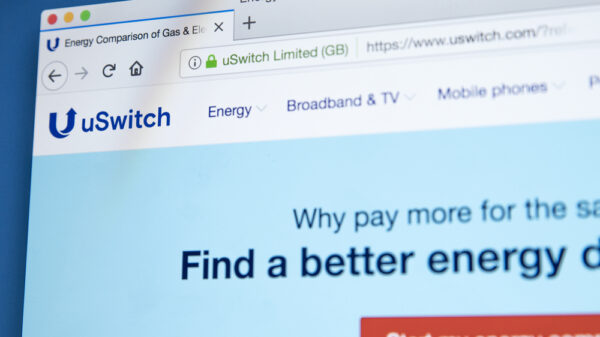The Information Commissioner’s Office (ICO) is calling for views on whether it should allow UK publishers to tell readers they must ‘consent or pay’ as it updates its work on cookie compliance.
Under the ‘consent or pay’ model, users can either agree to cookies sharing their information for more personalised advertising or pay to keep their data private.
ICO executive director of regulatory risk Stephen Almond said the change was part of the organisation’s ongoing work to “clarifying cookie laws in compliance with data protection”.
“Our proposed model is a ‘consent or pay’ mechanism. This gives people the choice to use a website for free, but only if they consent to their personal information being used for personalised advertising, or pay a fee and not be tracked,” he added.
It follows on from a hefty lawsuit recently faced by Facebook over alleged breaches in data privacy after it required users to share data with third parties as part of accessing the platform.
In the blog he added that its crackdown on websites and cookie regulation has seen an 80% success rate in effecting change.
Subscribe to Marketing Beat for free
Sign up here to get the latest agency-related news sent straight to your inbox each morning
The ICO wrote to 53 firms in November last year, saying: “We expect all websites using cookies or similar technologies to serve personalised ads to give people a fair choice over whether they consent to the use of such technologies.
“The easiest way to give users a fair choice is to ensure that users can reject non-essential advertising cookies as easily as they can accept them.
It revealed last month that 38 of the 53 firms had since made changes to their cookie policies, with others working to develop “alternative solutions”.
“When organisations ignore the law, they can expect to face the consequences. We are reviewing responses received from organisations that have not made changes and determining which cases to prioritise for enforcement action.”
Earlier this month, the CMA said Google “cannot proceed with third party cookie depreciation” until its concerns are addressed.
In its latest report on the implementation of Google’s Privacy Sandbox commitment, the regulator said that although the tech giant is complying with its demands so far, there remains further areas to be addressed.









